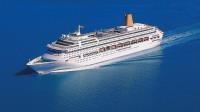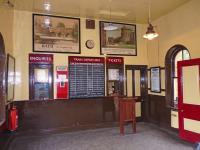To speak about different types of transport and ways of travelling, you need to know the appropriate vocabulary.
Study the table.
Name | Definition | Picture | Example |
bus | a vehicle on 4 wheels usually carrying more than 10 passengers. Usually a public transport. |  | This bus takes you from the city centre to the zoo. |
train | a type of railway transport which consists of series of vehicles linked together. |  | Train leaves at 5:30 p.m. to Sydney. |
car | a small vehicle on 4 wheels, usually carries up to 5 passengers. |  | By car you can go in any city you want, in any time. |
plane | a type of transport which flies in the air and carries usually passengers more than 10. |  | The fastest way how to get from Oslo to London is by plane. |
taxi | a car which carries passengers for money. |  | Oh, I am late! I should call a taxi and I will be there in 20 minutes then! |
ferry | a boat which crosses rivers and seas |  | Let's buy tickets on a ferry ride and go across the river! |
cruise liner | a huge passenger ship used for long voyages |  | I bought tickets for a cruise liner voyage in the Mediterranean Sea for 2 months! |
bicycle | a human powered, two- wheeled type of transport |  | From May I will start riding my bicycle. |
timetable | a list where arrivals and departures of transport are listed |  | Please check the timetable and tell me if there are any changes. |
booking office | an office where public transport tickets can be bought |  | When you buy tickets in a booking office they are cheaper than buying them in the train. |
driver | a person who drives the vehicle |  | To become a driver you need to pass a driving license exam. |
